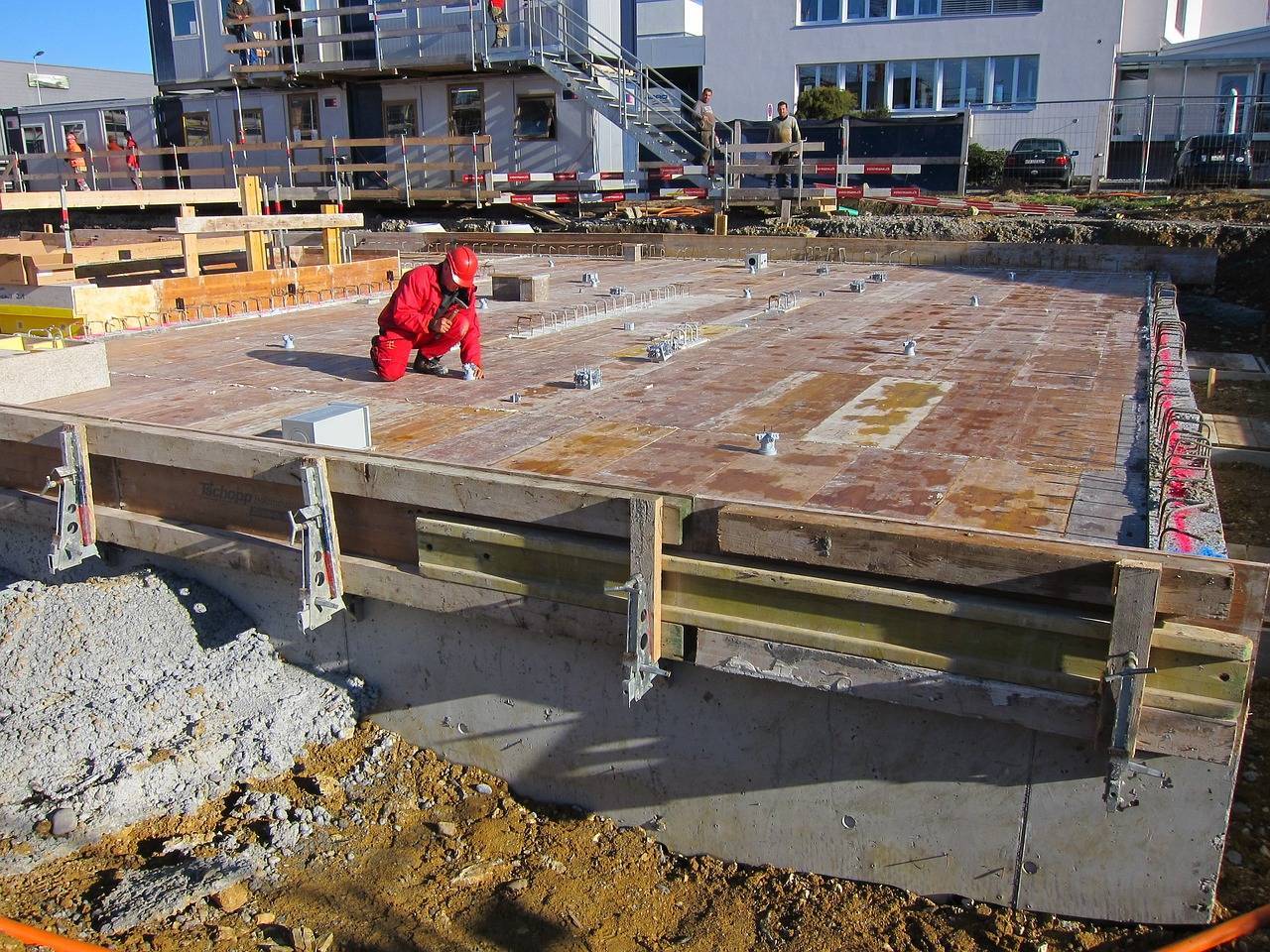In a surprising development amidst the global economic slowdown, India's real estate market has not only weathered the storm but thrived in the last two years. The rental sector, in particular, has become a magnet for investors, surpassing global counterparts and boasting one of the highest net rental yields globally. Bengaluru, the IT capital of India, stands out as a key player in this real estate resurgence.
Housing rents in Bengaluru have witnessed a remarkable 24% average inflation, with specific areas experiencing an even more astonishing 30% spike. The resurgence is attributed to the reopening of offices in major cities, creating a surge in demand for properties around IT parks and office hubs. Rental inflation for residential units near offices and in gated societies in Bangalore is between 25-40%, contributing to an overall increase of 17-18%.
According to data from NoBroker, average rental inflation in India has outpaced that in Singapore and Dubai. While Singapore recorded an average rental inflation of around 29%, Dubai registered 20% Year-on-Year. Notably, net rental inflation in India surpasses these countries, with certain areas in major cities witnessing an exponential rent increase of 30% and above. The demand-supply dynamics play a crucial role, with demand soaring, especially in cities like Mumbai and Bangalore with new metro corridors, while the supply struggles to keep pace. Proximity to these metro corridors has led to a 15-18% rent inflation in these cities.
Other major cities, including Hyderabad and Chennai, have also experienced substantial increases in housing rents. Chennai recorded an average rent inflation of 18%, closely followed by Hyderabad at 16%, with certain pockets in Hyderabad witnessing a remarkable rental spike of up to 25%.
According to the NoBroker annual survey, a staggering 86% of landlords are contemplating purchasing a second property to capitalize on this thriving market. Saurabh Garg, Co-founder & Chief Business Officer of NoBroker.com, sheds light on the factors contributing to this phenomenon. "The work-from-home trend initially kept rental inflation low, but with the return of people to offices in Bengaluru, coupled with construction halts during the COVID-19 pandemic disrupting the real estate supply chain, a supply-demand mismatch has fueled rental inflation," he said.

The impact on various stakeholders
The surge in Bengaluru's real estate rental market, defying global economic trends, has profound impacts on various stakeholders and the local economy.
1. Investor Opportunities: Investors are presented with lucrative opportunities as the rental market experiences a substantial boom. The high rental yields in Bengaluru attract both domestic and international investors looking to capitalize on the city's thriving real estate sector.
2. Landlords' Perspective: Landlords, encouraged by the soaring rental rates, are considering expanding their property portfolios. The staggering 86% of landlords contemplating purchasing a second property highlights the optimism in the market, as they aim to maximize returns in this favorable environment.
3. Economic Growth: The real estate upswing contributes significantly to the local economy. Increased property transactions, construction activities, and related services foster economic growth, creating jobs and generating revenue for the city.
4. Workforce Dynamics: The reopening of offices in major cities, including Bengaluru, is a driving force behind the surge. As people return to offices, there is a heightened demand for housing in proximity to IT parks and office hubs. This shift in workforce dynamics influences the real estate market, particularly in areas with a strong corporate presence.
5. Supply-Demand Dynamics: The demand-supply dynamics play a critical role in the market dynamics. While demand has skyrocketed, particularly in cities like Mumbai and Bangalore with new metro corridors, the supply struggles to keep pace. This leads to a supply-demand mismatch, further fueling rental inflation.
6. Construction Industry Impact: The disruption in the real estate supply chain during the COVID-19 pandemic has delayed construction projects. The time required for builders to complete projects, often spanning two or more years, exacerbates the supply shortage. This delay impacts the construction industry, causing a gap in meeting the rising demand.
7. Urban Development: Proximity to metro corridors has become a significant factor influencing rental rates. The development of new metro corridors contributes to urban development but also contributes to a 15-18% rent inflation in cities like Bengaluru and Mumbai.
Looking ahead, the rising demand, coupled with supply challenges and construction delays, indicates a complex scenario. The need to bridge the supply-demand gap becomes crucial, and the consideration of landlords to purchase a second property highlights the optimism in the market. The evolving dynamics, including the shift from work-from-home to office return and changes in accommodation preferences, suggest a continued transformation in Bengaluru's real estate landscape.
The challenges posed by supply shortages and construction delays present opportunities for policymakers and industry stakeholders to address bottlenecks, streamline processes, and facilitate sustainable urban development. As Bengaluru navigates this dynamic real estate environment, collaboration between the public and private sectors becomes imperative to ensure the continued growth and resilience of the city's rental market.
Bengaluru's real estate market stands at a critical juncture, offering both challenges and opportunities that require strategic foresight and collaborative efforts for sustained growth and resilience in the post-COVID era.









.png)